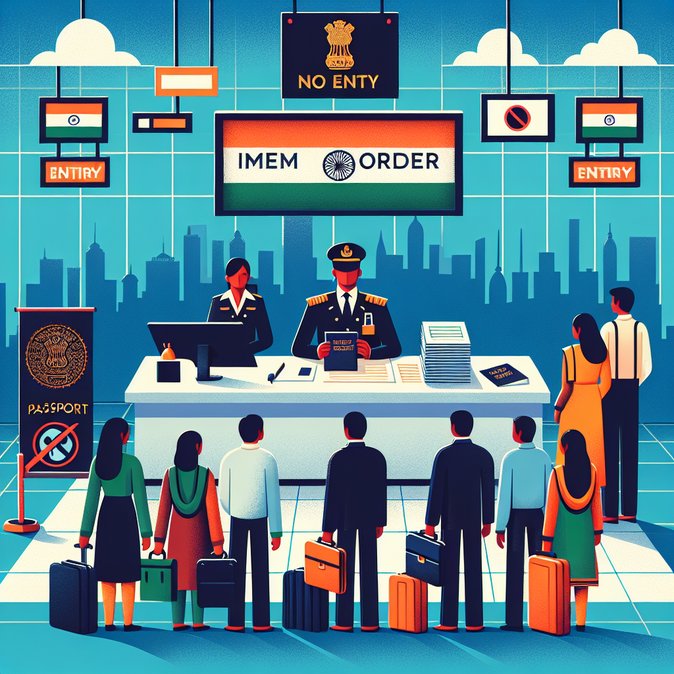
India has lodged a formal diplomatic protest with Beijing after Chinese border guards detained Prema Wangjom Thongdok—an Indian citizen born in Arunachal Pradesh—during a Shanghai transit on 21 November. According to India’s foreign ministry, officials held Thongdok for 18 hours, claimed her Indian passport was ‘invalid’, and barred her onward flight to Japan. She was eventually released and deported.
China regards Arunachal Pradesh as ‘Zangnan’, part of Tibet, and routinely issues stapled visas rather than passport stickers to residents of the state. This is the first known case of outright detention of an Arunachal-born traveller carrying a third-country residence visa, prompting concerns that ordinary Indians could face harassment on China layovers.
![India protests after Chinese airport detains Arunachal-born UK Indian passport holder]()
MEA spokesperson Randhir Jaiswal said the action violated the Chicago Convention on International Civil Aviation and demanded assurances that Indian passports will be honoured. Beijing’s foreign ministry insisted its officials acted ‘according to law’.
Travel risk impact: Indian travel managers are advising staff to avoid layovers in mainland China, rerouting through Singapore or Hong Kong. Airlines may also see additional scrutiny of passenger manifests, increasing connection times. Companies with projects in China should prepare for heightened documentation checks on personnel with Northeastern Indian origins.
China regards Arunachal Pradesh as ‘Zangnan’, part of Tibet, and routinely issues stapled visas rather than passport stickers to residents of the state. This is the first known case of outright detention of an Arunachal-born traveller carrying a third-country residence visa, prompting concerns that ordinary Indians could face harassment on China layovers.

MEA spokesperson Randhir Jaiswal said the action violated the Chicago Convention on International Civil Aviation and demanded assurances that Indian passports will be honoured. Beijing’s foreign ministry insisted its officials acted ‘according to law’.
Travel risk impact: Indian travel managers are advising staff to avoid layovers in mainland China, rerouting through Singapore or Hong Kong. Airlines may also see additional scrutiny of passenger manifests, increasing connection times. Companies with projects in China should prepare for heightened documentation checks on personnel with Northeastern Indian origins.


